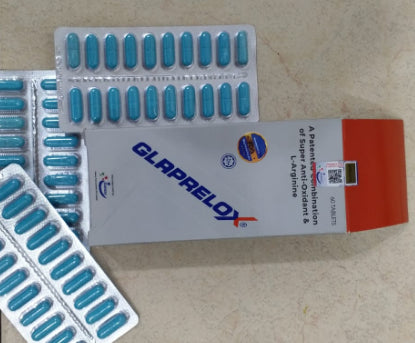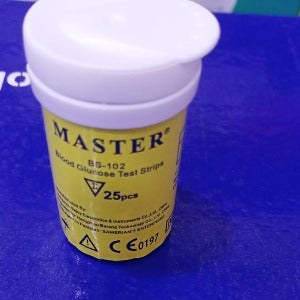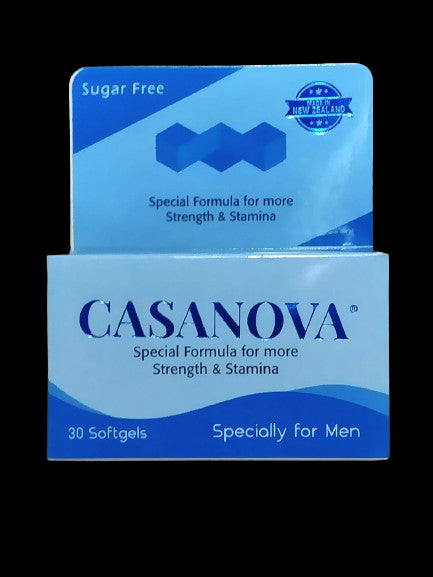It is used to relieve symptoms of allergy, hay fever, and the common cold.
Drowsiness, dizziness, headache, constipation, stomach upset, blurred vision, decreased coordination, or dry mouth/nose/throat may occur. These effects may decrease as your body adjusts to the medication. If any of these effects persist or worsen, contact your doctor or pharmacist promptly.
Hypersensitivity to chlorpheniramine maleate or any component of the formulation; narrow-angle glaucoma; bladder neck obstruction; symptomatic prostate hypertrophy; during acute asthmatic attacks;stenosing peptic ulcer; pyloroduodenal obstruction.
Before taking chlorpheniramine, tell your doctor or pharmacist if you are allergic to it; or to dexchlorpheniramine; or if you have any other allergies. This product may contain inactive ingredients, which can cause allergic reactions or other problems. Talk to your pharmacist for more details.
Before using this medication, tell your doctor or pharmacist your medical history, especially of: breathing problems (e.g., asthma, emphysema), a certain eye problem (glaucoma), heartproblems, high blood pressure, liver disease, seizures, stomach problems (e.g., ulcers, blockage), overactive thyroid (hyperthyroidism), urination problems (e.g., trouble urinating due to enlarged prostate, urinary retention).
This medication works by blocking a certain natural substance (histamine) that your body makes during an allergic reaction. By blocking another natural substance made by your body (acetylcholine), it helps dry up some body fluids to relieve symptoms such as watery eyes and runny nose.
Based on information from related drugs, this medication may pass into breast milk. Consult your doctor before breast-feeding.
Please consult your doctor when taking this medicine if you are pregnant.
Some products that may interact with this drug include: antihistamines applied to the skin(such as diphenhydramine cream, ointment, spray), antispasmodics (e.g., atropine, belladonnaalkaloids), drugs for Parkinson's disease (e.g., anticholinergics such as benztropine, trihexyphenidyl), scopolamine, tricyclic antidepressants (e.g., amitriptyline).




